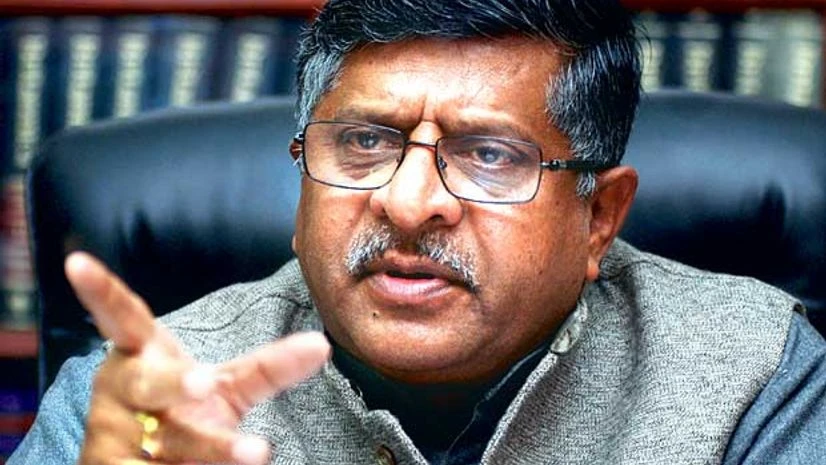The government has decided to rope in private sector players to expedite its National Optical Fibre Network (NOFN) project, which has seen a cost overrun of 75 per cent because of delays.
The project, which was approved by the Cabinet in October 2011, was expected to be completed within two years. Then, the project cost was estimated to be Rs 20,000 crore, which has now escalated to Rs 35,000 crore, said a senior official in the department of telecommunications.
“We will float tenders to invite private players for laying down optical fibres in the second phase of NOFN. The bids will be called by the end of March. It will involve trenching, ducting and laying (of cables),” the official added.
More From This Section
The target is to provide connectivity to all the 250,000 gram panchayats across India by December 2016, by using the existing optical fibre and extending it to the all the gram panchayats.
The government is already in the process of implementing the first phase of connecting 50,000 gram panchayats, which is expected to be over by the end this year, the official said. This will be done in Kerala, Karnataka, Andhra Pradesh, Chhattisgarh, Jharkhand, Madhya Pradesh, Odisha, the North East and Maharashtra. Once implemented, NOFN will provide 100 Mbps (megabit per second) bandwidth to facilitate broadband services.
On January 12, the minister for communications and IT Ravi Shankar Prasad inaugurated the launch of the project in the Idukki district of Kerala. Also, Kerala will be the first state to be fully connected through NOFN by the end of March this year.
Bharat Broadband Network Ltd, a special purpose vehicle set up by the government, is responsible for management and operations of NOFN under the administrative control of ministry of IT and communications.
BBNL was incorporated as a PSU in February 2012. BBNL is getting the project executed through three PSUs — BSNL, RailTel and PGCIL — in the ratio of 70:15:15 and till now, no private player has been taken on board for laying down of the optic fibre project.
The deadline for the project has been revised many times because of coordination problems among the agencies and other issues, including right of way. The official said in global countries such projects have taken 6-10 years to be completed.
NOFN is being funded by the Universal Service Obligation Fund (USOF) that is built with contributions from private telecom operators. However, for end-to-end services, companies will have to set up their own infrastructure at the gram panchayat level.

)
